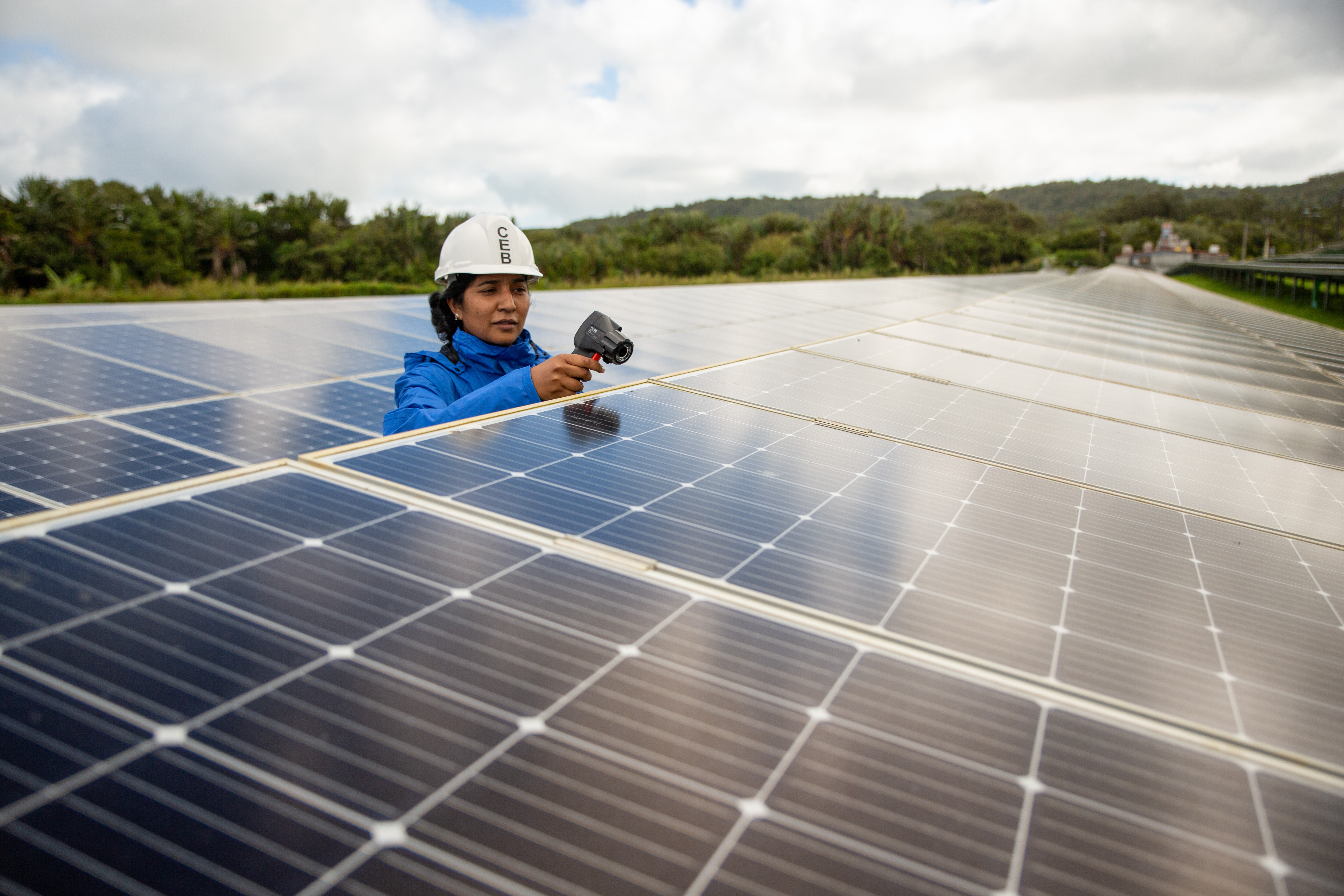--- Image caption ---
Countries like Britain and the United States have created a finance sector which has lost touch with the real economy, trading with itself, talking to itself, judging itself by its own criteria. This attitude has produced outcomes that have proved catastrophically unstable. How can we help countries at an earlier stage of financial evolution avoid the same mistakes?
When I say ‘Financial Inclusion,’ it could mean two very different things depending on your background. For people whose background is in the finance sector of the West, ‘financial inclusion’ can mean "How can we sell our product range to poor people?" But in the context of developing economies, ‘financial inclusion’ is about identifying the ways enterpreneurial energy can be channelled for public as well as private benefit.
This dichotomy became very real to me on a visit to Kenya earlier this year. There was a surreal interview on the East African version of CNBC, where the reporter and I were entirely at cross purposes. I did not share his vision of a future in which African villagers would be glued to CNBC on their solar-powered televisions while entrepreneurs in Nairobi and Kigali would be dealing in forex and credit default swaps with the enthusiasm of traders in London and New York.
Behind my reasoning were the things I saw in my visits to owners of small farms and villages in Africa. In my recent book Other People’s Money, I repeated and (I thought) exaggerated Michel Albert’s description of the origins of the global insurance industry: Swiss villages in the seventeenth century coming together to mutualise the risks of their hostile environment, meaning they would ‘agree that if a cow died, they would take collective responsibility for replacing it’ (p61). On a Kenyan smallholding, this was not caricature, but reality. A small farmer on the outskirts of Nairobi explained that if she could save enough, she would clear part of her plot of maize in the hope that it could be developed for accommodation. Real estate was preferable to agriculture because land, unlike cows, did not die.
Take also the example of a senior insurance executive who explained that his company had tried to offer such insurance but had discontinued it because they were too often victims of a scam. Villagers might not defraud each other, but would not hesitate to defraud a rich and distant insurance company.
There is a very general lesson in all of this. Financial services for a developing economy need to be established from the bottom up, not the top down. Begin with the simple needs of villages, where you find the social interactions which take the place of law and regulation. As institutions which fulfil these needs grow in scale, they will develop into larger, more formalised entities with more diverse and complex functions.
That is how finance evolved in Western Europe and the United States, and for a long time the only substantive regulation there was the legal process which put bad people in jail, a regulatory tool which has regrettably fallen into disuse. When we seek to apply capital requirements invented for American banks to community savings groups for which US$1 is a regular subscription, or ‘know your customer’ rules to low-income and/or illiterate people who may not even have identity cards, two worlds collide, unproductively for either.
If you are interested in further exploring this topic, or wish to participate in the discussion, I will be visiting Slovenia to deliver a Kapuscinski Lecture on finance and development on Oct 16. If you can’t be in Slovenia in person, I welcome you to livestream the talk online and write questions or comments via #KAPTalks on Twitter.

 Locations
Locations



